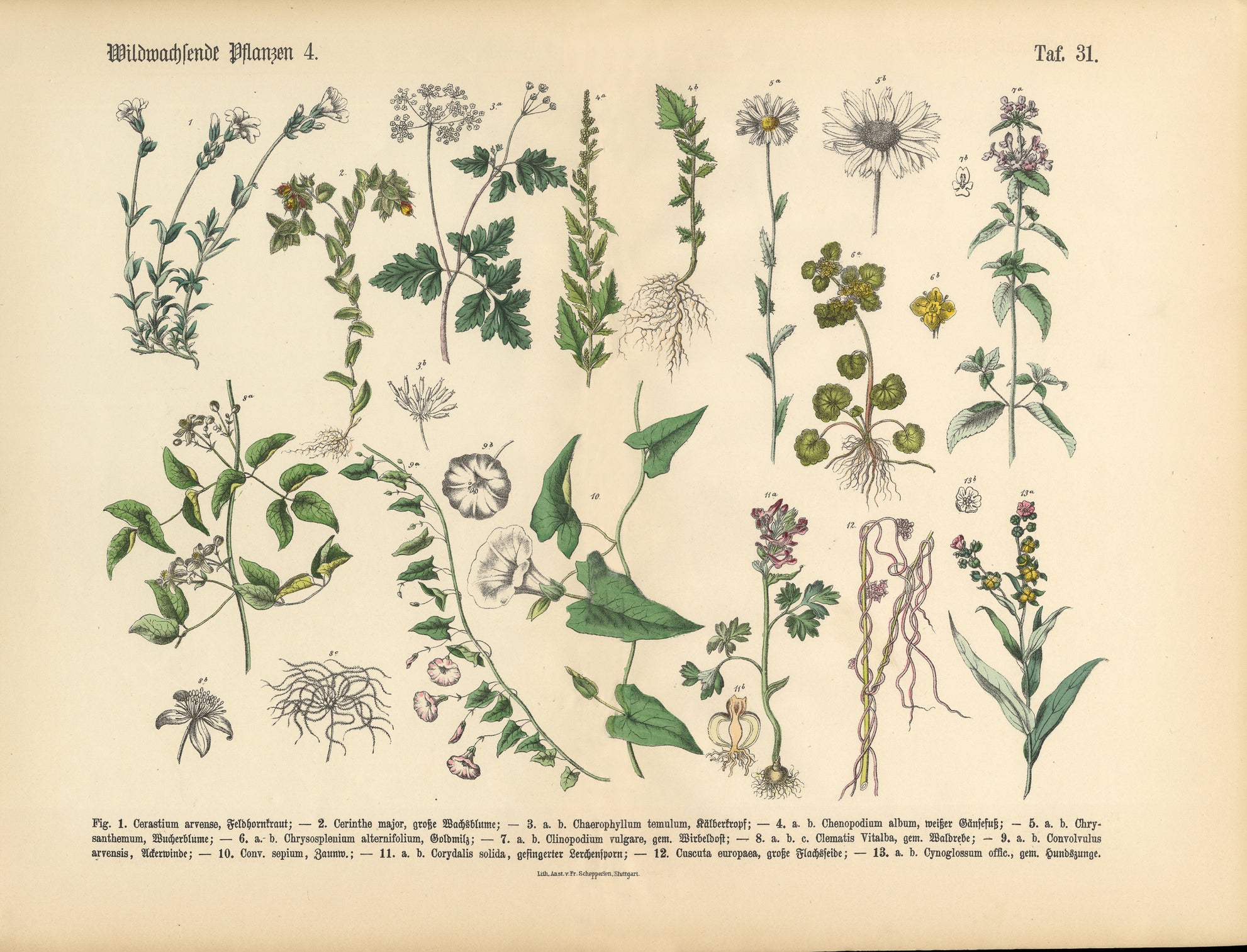
I am off this week, not that you’d know it, but reportedly, we have used the word “reportedly” 286 times in the past seven days at the time of writing. It is a relatively new word that, a bit like bindweed, has taken hold in a way that makes it almost impossible to eradicate. All you can do is potter and snip, endlessly, and occasionally have a right good go at it on your hands and knees in the bushes. At that point, you think you’ve got it all out, but by the following week it’s back and twice as prevalent.
So what’s wrong with it? Well, nothing, as such. There are other words with a similar form that go unnoticed – admittedly – the form in question being an adverb made from a past participle instead of an adjective. They’re not really like other adverbs, because rather than modifying the verb they are used with, they modify the statement as a whole. But they do have a purpose, and many have been in use for a very long time.
The problem arises with the introduction of a more recent one. The addition of a suffix to a word that is more commonly used without gives the impression of informality, perhaps even laziness. You could append the same two letters to any number of passive-voice verbs, in theory, though it would feel quite improper: “Their actions were concludedly a breach of the law”; “The conclusion was statedly errant”.
It is understandable to want to use a shortcut; our writers want to write quickly, and phrases such as “It is reported that” or “... is reported to have ...” are far less convenient. But informal language can undermine our authority as a newspaper, so it is better to stick to the conventional style where we can.
Stabat martyr: A caption on a report in our World section discomfited one of our readers, Richard Thomas, who wrote to tell us about it. “Alexei Navalny, stood, with his lawyers during the hearing at Moscow City Court yesterday” it said, to the chagrin of Mr Thomas, who thought the commas on either side of “stood” were getting in the way.
I sympathise, though I know why they were there. The vast majority of the pictures we publish come from news agencies, who are pretty uncompromising about accuracy, so they often provide a pointer in the description to make sure we know who is who. On this occasion, “stood” was that pointer – much like one might add (Right) or (Left) to a caption in which there are two people next to each other and we want to make sure our readers can tell which one is of interest.
I think “standing” would have been better than “stood”, but anyway, I hope that clarifies.
Stan corrected: The following item appeared in the “On this day” feature in our Daily Edition: “1890: Stan Laurel, of the Laurel and Hardy comedy duo, was born in Ulverston, Lancashire (now Cumbria), as Arthur Stanley Jefferson.” Henry Peacock kindly wrote to inform us that Ulverston is in Furness, which was once part of Lancashire but now lies in the unitary authority of Westmorland and Furness. The administrative county of Cumbria was apparently abolished in April.
“Cumbria remains only as a ceremonial county for the purpose of lieutenancy and shrievalties,” explained Mr Peacock. Whatever those are, and they sound wonderful, we should probably update our records.
Tied up in nots: We ran into difficulty with a double negative last week in an article about Donald Trump’s chances of going to jail. “So not only did he not hold on to sensitive documents long after he was authorised to have them, while refusing to give the documents back when asked to do so, but he allegedly misled his own lawyers about the whole matter,” we wrote. Easily sortoutable, unlike the nice mess Mr Trump appears to have gotten himself into.
Tripping up: In an article about the Eurostar rail service, we wrote that competition on the East Coast Main Line had “driven down fares while increasing ridership”. David Jacobs remarked that he had not come across the word “ridership” before, and neither had I, though on investigation it appears to be in fairly frequent use – mainly in the US, where people talk about “riding” the train rather than “getting” or “taking” it.
I’m not sure that we have an equivalent word in British English. I think we would normally refer to “passenger numbers” or “ticket sales” in the given context, though I suppose one word is easier than two. So you might say there was a gap in the flower bed, which looks like it has been filled whether we like it or not.
On that note, the actual garden is calling, so enough of this till next time. Keep up the good work.
Join our commenting forum
Join thought-provoking conversations, follow other Independent readers and see their replies
Comments

Bookmark popover
Removed from bookmarks